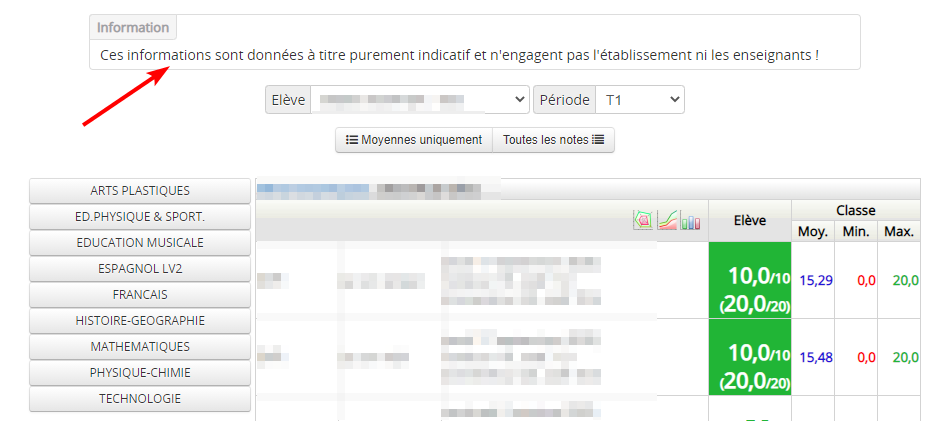I periodically get requests from students to know their "grade so far". From what I can tell, this is becoming more prevalent, and more encouraged by administrators. And there is a box for "Total Grade" in our LMS, turned on by default, which I have to manually disable.
I feel that telling them a number might mislead. For example, this fall, the final exam is split into sections corresponding to the midterms, and students can replace each of their midterm scores by doing better on the corresponding section of the final. Also, there will be an extra credit final homework. So, even if a student is failing "so far", that doesn't necessarily mean that they're likely to fail the course.
What is the best way to address such questions? Be evasive? ("It's complicated...") Give them a number, even if misleading, along with some caveats that they might not read? Or design simpler grading schemes in the future, even if the "complicated" features were intended to be helpful?
A few remarks following the comments:
- I have provided them with their grades on every assignment so far, and I have also told them exactly how their final grades will be computed. The issue is—the students who ask, say they're a bit confused about how well they're doing (even though I did my best to explain it clearly), and seem to want an answer like "Your average is 73% so far".
- The students should be perfectly capable of assessing their performance so far. But they are overwhelmed, they are struggling, and they are anxious—especially this fall, with the ongoing pandemic, and where I'm teaching online and not face-to-face. And they might be afraid of hidden gotchas—some rule buried in the fine print of the syllabus, which I'm going to call them out on later (I'm not). I can sympathize with my students' desire for a simple answer.

